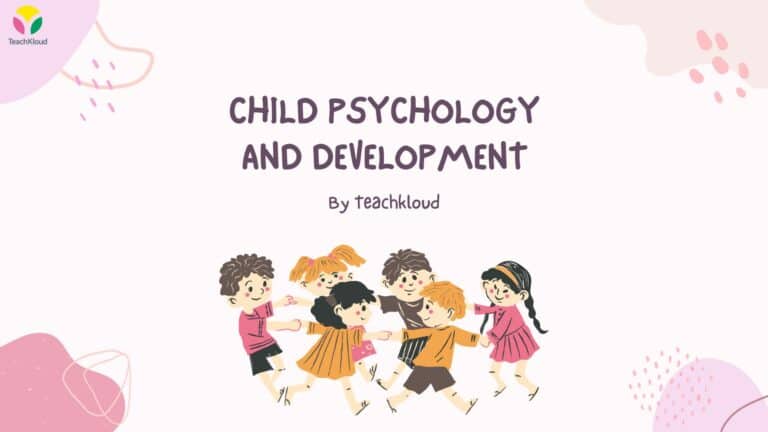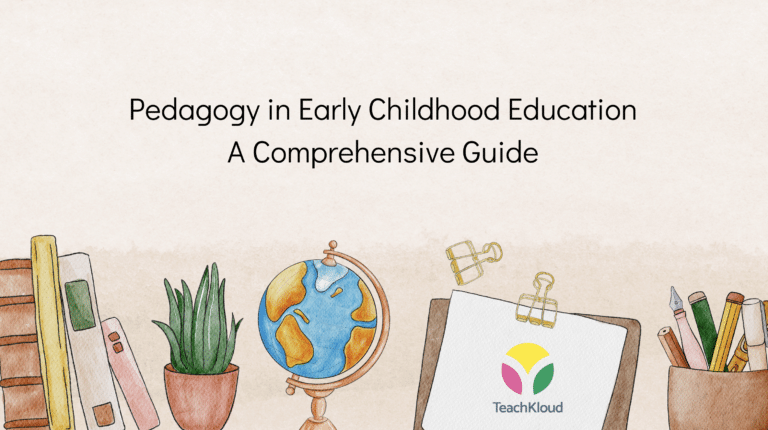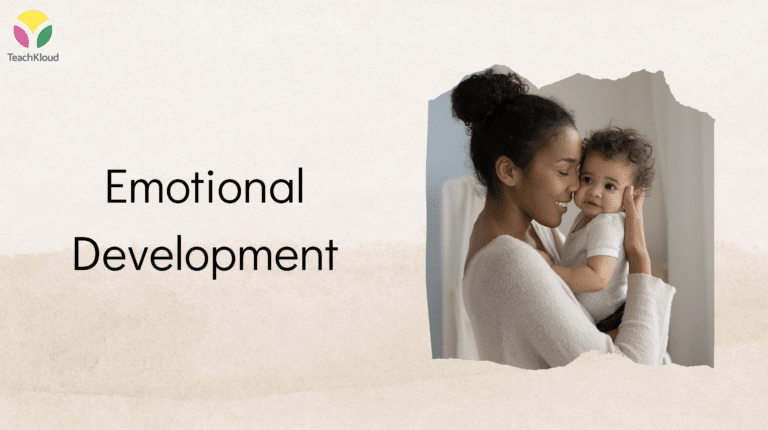The Emergent Curriculum (free booklet below on the importance of play for parents)
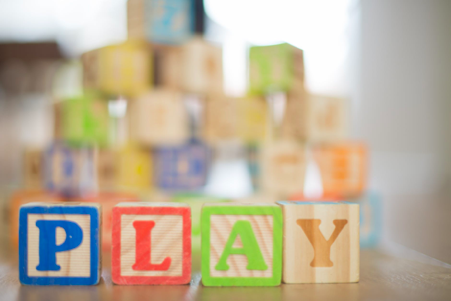
Ask any early years practitioner and I can guarantee that at some point in their career, someone outside of the profession has remarked “All you do is play with kids!”
….and yet, this is so far from the truth….
Early Years is a skilled profession requiring many different capacities/capabilities and has moved beyond what many describe as “just playing with kids.” This statement is flawed in so many ways, but notably, the accusation that we “just play” demonstrates a lack of public understanding regarding the importance of play.
Play can be described as “what children and young people do when they follow their own ideas and interests, in their own way, and for their own reasons” (DCSF, 2008). It is fundamental to children’s learning, and all aspects of their development. Children deliberately seek out physical and emotional uncertainty in their play and this is significant in terms of social and emotional development. Play is learning, it not “just play.”
How children learn through play
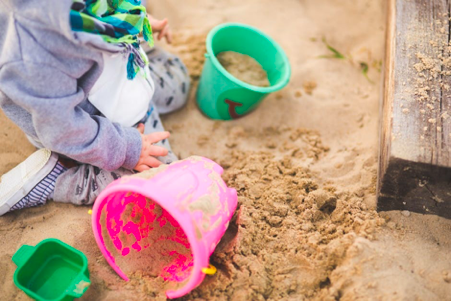
Even in very young babies, the desire and ability to play is evident. Some even argue that play begins in utero when babies hear their mother’s voice or feel her touch in response to a kick. Additionally, play and learning are inseparable during a child’s early years. Children in their early years experiment, test boundaries, learn about cause and effect and gain control over their own bodies through playful learning experiences.
Much of the evidence from neuroscience suggests that play is not simply about developing skills needed for adult life but instead is a key factor in brain development. Specifically, the regions of the brain that concern emotion, motivation and reward are developed through play as are systems that link the brain, the body, the social and physical environment. As such, play has an impact on the architectural foundations of development (such as gene expression, physical and chemical development of the brain). In turn, this influences the child’s ability to adapt, survive and thrive in their social circles and physical environments.
Children are not passive begins waiting for knowledge to be imparted on them. They need the ‘hands on/brains on’ activities that meaningful play provides.
Facilitating play-based learning is a skill
It is important to understand that being an early years practitioner is about much more than simply supervising play. The direct instruction that is sometimes expected by parents has a role in child development but learning is much more about process rather than product.
Education and care in the early years is not a formal affair, it takes a subtle form and is in direct opposition to the traditional didactic model. At times, it is hands off but requires a high level of reflective practice and skill by the practitioner.
Practitioners are responsible for laying the foundations for an effective learning environment. However to do this, practitioners must build strong and positive relationships with children; they must ensure that children feel respected and valued as individuals.
Practitioners must also manage the physical learning environment, ensuring that adequate time is provided for children to become absorbed in their play. Practitioners provide suitable resources that are easily accessible, as well as skilfully enhancing the environment to encourage different types of learning that are in direct response to observed needs.
All of this is skilled and reflective work. It is not simply sitting back and leaving children to their own devices. The practitioner facilitates a balance between adult-led and child-led interaction. Adult-led interactions are demonstrated in skilled guidance by the practitioner in enhancing children’s understanding of the world.
Demonstrating the importance of play to parents

Play-based learning may be at odds with some parental expectations, indeed, others may not understand the value of play. BUT…. you can play a huge part in demonstrating the value of play-based and emergent learning to parents.
This demonstration may be conveyed in:
- Your Ethos
- The messages and learning opportunities that you share with parents
- Their observations when visiting your setting
- Introductory meetings…
At every opportunity, your early years setting should communicate the importance that it places on learning through play. A well thought out and put together website that emphasises the importance of learning through play can be beneficial. You could also utilise social media accounts, such as Facebook/Instagram or create a blog to demonstrate children’s learning experiences.
For example, you could create a learning journal or photo albumof a messy play activity. You may use the captions to explain how children are learning: “The toddlers took great interest in filling and emptying different types of containers with water and sand; this is building awareness of shape, size and volume!” When parents come to visit your setting for an initial look around, it is important that what they see and what they hear, clearly communicates that your preschool philosophy is play-based. State clearly why this is important: “we provide children with access to many of the same areas outdoors as we do indoors, like construction, small world and sand play. We’ve done this deliberately, as we want children to be able to access a range of play activities that they choose for themselves. [Insert framework/curriculum used ] are all based on play because play is the most effective way for children to learn which is why we value it so highly here.”
All of these frameworks are supported on TeachKloud through our intuitive learning journals and reporting systems that enable you to document children’s learning and auto-suggest the most relevant curriculum standards that are based on the age, stage and interests of the child.
Sharing educational materials with parents can also support them in understanding the benefits of early childhood education. For example, you can download our reader-friendly booklet on the importance of play and share these with parents/staff.
Displays are another great way for you to demonstrate what children are learning through play. Place them in your entry ways and again demonstrate with photos and captions what is going on and why or share them via a communication preschool app like TeachKloud. These displays can be updated regularly and act as a reminder that meaningful and developmentally appropriate play is where learning originates.
[fusion_youtube id=”https://www.youtube.com/watch?v=6VnDEUD2lHU&t=1s&ab_channel=TeachKloud” alignment=”” width=”” height=”” autoplay=”false” api_params=”” hide_on_mobile=”small-visibility,medium-visibility,large-visibility” class=”” css_id=””][/fusion_youtube]
Another fantastic way of emphasising the importance of learning through play is to demonstrate it regularly through observations. Using an online learning journal tool, such as that provided by TeachKloud, to quickly record observations, photographs and interest areas, can increase family involvement without removing your focus from educating and caring for young children!
Involving parents in learning through play
Encourage parents to make comments and ask questions about the learning they see documented online through the child’s Learning Stories, your blog or the pictures you share. Sharing learning stories through apps such as TeachKloud is very easy, parents can see what their child is learning, how they are learning and the links to your chosen curriculum framework which TeachKloud can link for you automatically.
You can also share monthly, weekly or daily plans with parents on TeachKloud to keep them in the loop. You may also consider inviting parents into your setting for special story times, workshops, ‘stay and play’s or events so that they can see this learning in action. Just as hands-on learning is important to children, it is an important and effective tool for teaching adults too!
When parents see, and participate in, their child learning through play in your setting on a regular basis they come to understand and support the play based ethos in a much more real, experiential way.


